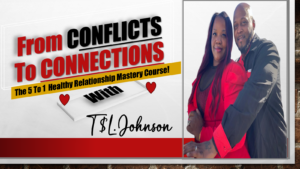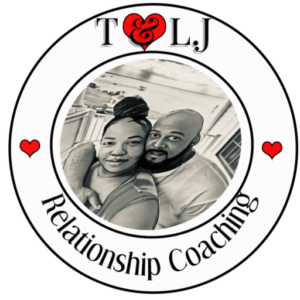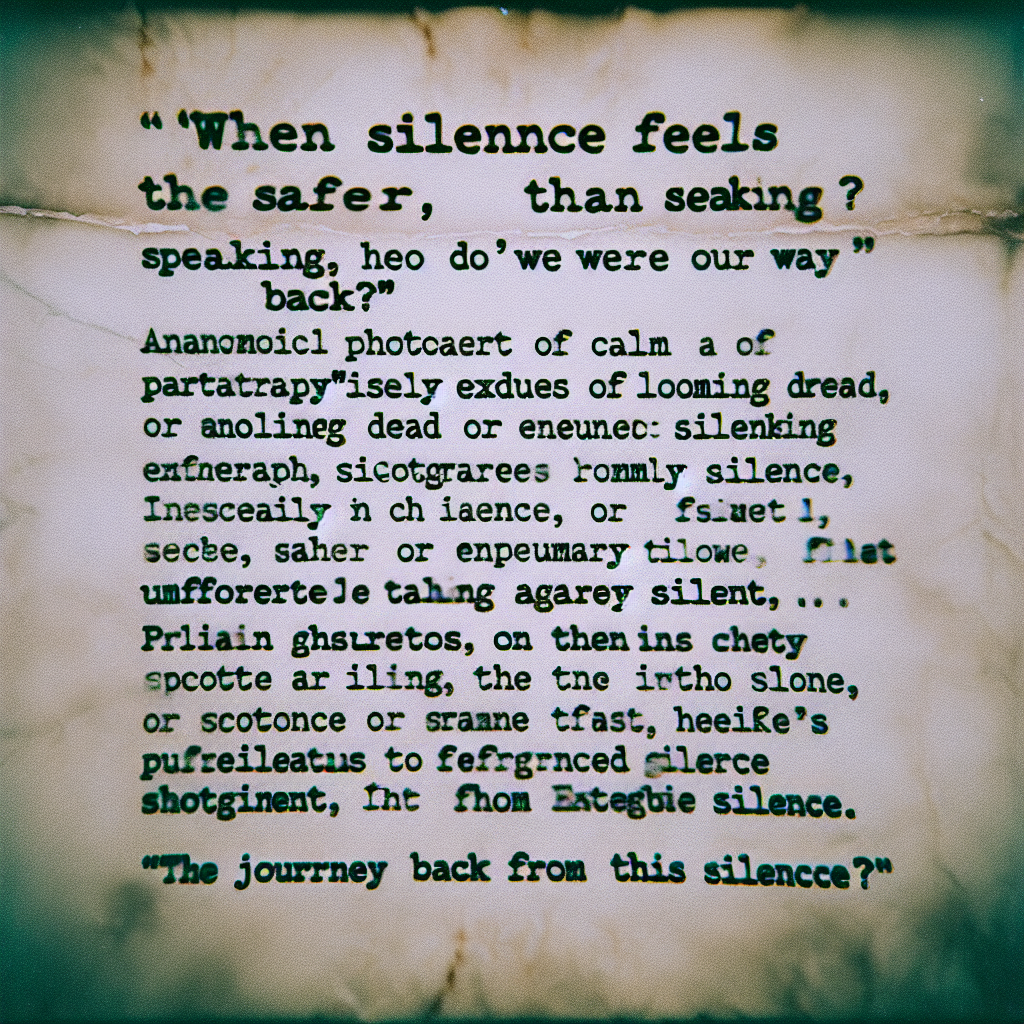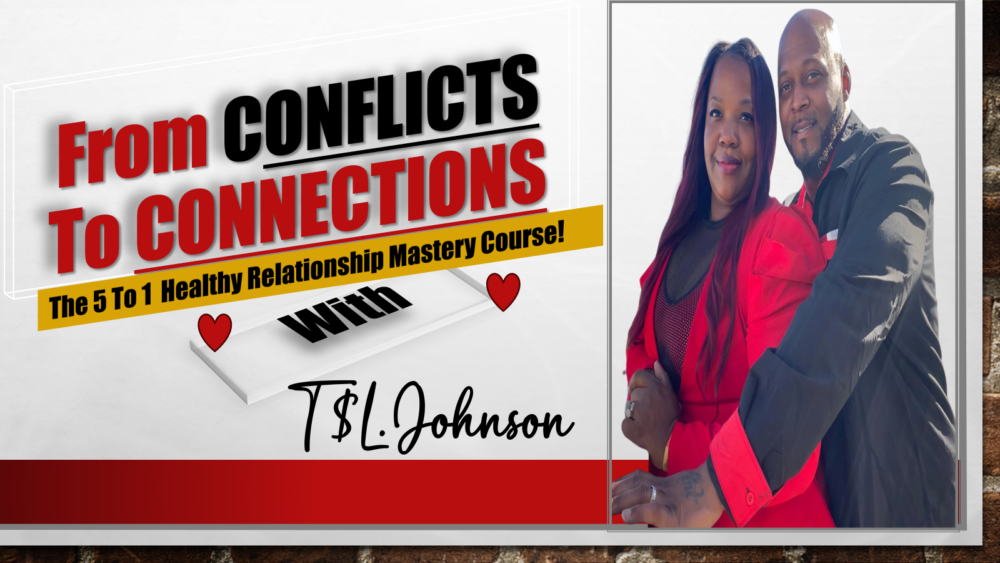Understanding the Power of Words
The Weight Words Carry
Let me tell you, the words we choose can hold immense power. I remember a time when a simple compliment brightened my entire week. That’s the thing about words—they can lift someone up or, conversely, drag them down. With every interaction, we have the opportunity to build trust and connection or break it down.
Think about how you communicate, whether it’s with a friend, a coworker, or someone you just met. Are you using language that encourages and uplifts? This isn’t just about being nice; it’s about forging genuine connections. Each word is a brush stroke on the canvas of communication, and we want our masterpiece to reflect understanding and love.
So, the next time you engage in conversation, consider the emotional weight your words might carry. Words are not just tools; they’re bridges that can close the distance between us. Use them wisely!
The Impact of Tone
Have you ever received a message and, without even seeing the person’s face, felt their tone? It’s amazing how much tone influences our perception of words. I once had a colleague who would often come off as curt in emails, and I had to remind myself that they didn’t mean to be rude—they just had a different communication style. Tone can really change everything.
When I realized this, I started playing with my own tone. I found that by softening my approach, even in written communication, I could foster a better response. By using friendly phrases and a conversational tone, I invited open discussion rather than defensiveness.
So, as you interact with others, be mindful of how you deliver your message. Remember, it’s not just what you say but how you say it that builds or breaks the connection. A warm tone can open doors, while a harsh one can slam them shut.
Listening: The Unsung Hero of Connection
Listening is often overlooked, but it’s critical in building connections. I can’t stress enough how much people appreciate feeling heard. There was a moment in a discussion where I chose to set aside my thoughts and just listen. The result? A deeper level of connection between us.
When we listen actively, we’re not only showing respect but also validating the other person. This simple act can turn a casual conversation into something truly meaningful. The more we listen, the more we understand—not only the content of what the other person is saying but also their emotions behind the words.
So, make it a point to listen. Nod your head, ask follow-up questions, and show genuine interest in what the other person has to say. This creates an atmosphere of trust, and believe me, trust is the bedrock of any meaningful connection.
Navigating Difficult Conversations
Preparing for the Talk
Difficult conversations are never easy for anyone. I’ve faced many, and each time, I found that preparation was key. Taking a moment to think about what I really wanted to say helped turning a potentially messy interaction into a constructive one.
Before broaching a topic that I knew would be sensitive, I would outline the main points in my mind. This way, I wasn’t caught off guard and could approach the conversation with clarity. It’s also important to be aware of the other person’s possible emotions and reactions.
Creating a mental map of the conversation can help ease both yours and the other person’s anxiety about the discussion. When you’re prepared, you can steer the dialogue towards resolution and understanding rather than making it a clash of viewpoints.
Using “I” Statements
In my experience, using “I” statements instead of “you” statements can transform the direction of a conversation. “You never listen to me” often leads to defensiveness, but “I feel unheard when you talk over me” opens the door to dialogue. It focuses on my perspective rather than placing blame.
This technique promotes empathy and opens the floor for more productive conversation. It might feel a bit awkward at first, but it really shifts the tone from confrontation to collaboration. People tend to respond better when they don’t feel attacked.
So next time you’re faced with a tricky conversation, remember to lead with “I” rather than “you.” It could change not only the outcome but strengthen your connection in the long run.
Finding Common Ground
In navigating difficult conversations, I’ve learned the importance of seeking common ground. There was a time my partner and I disagreed about finances. Instead of arguing about who’s right, we decided to find our common goal: financial stability. That shifted the entire discussion!

Identifying shared values and objectives can diffuse tension and redirect energy toward a productive outcome. It helps to reframe the situation from an adversarial stance to a collaborative one, creating a team mentality. “We’re in this together” becomes the mantra.
So, as you approach tough talks, don’t forget to emphasize how both of you are striving for the same outcome. This can foster connection even in challenging moments, reinforcing the bond instead of tearing it down.
The Ripple Effect of Connection
The Impact on Relationships
Every word we say creates a ripple effect in our relationships. I’ve seen this firsthand with friendships that either deepen or fade based on how we choose to communicate. When we invest in our conversations, those ripples form waves of connection that last.
Moreover, it’s crucial to recognize that our connections don’t just affect us. They influence our family, friends, and even our community. When we build strong relationships, we’re contributing to a more cohesive social fabric, which can be incredibly rewarding.
As we become more intentional with our words and connections, we create an environment that encourages growth and positivity. The benefits of our efforts can reverberate far beyond our immediate circle, creating a legacy of connection that lasts.
Fostering Empathy Through Words
Empathy is a powerful tool in building lasting connections. I’ve found that when I approach conversations with the intention to understand and empathize, the results are life-changing. Words have the power to show empathy, and recognizing the emotional load words can carry is paramount.
When expressing empathy, it’s essential to validate the other person’s feelings. Simple phrases like “That sounds really challenging” or “I can see why you’d feel that way” can create deep connections and take conversations to new levels.
The more we practice empathy in our daily interactions, the better equipped we become to handle difficult conversations, foster connections, and build a supportive network around us. Not to mention, we’re setting an example for those around us!
Building a Community of Support
Finally, let’s discuss the beautiful community that forms when we prioritize connection through our words. In my journey, I realized that the most fulfilling friendships stem from a foundation of open communication. When we speak honestly and supportively, we invite others to do the same.
Creating a supportive environment means celebrating each other’s successes and being there during tough times. When people feel comfortable sharing their victories and vulnerabilities, real community is fostered, and we can all thrive together.
So let’s pay it forward. By committing to using our words to uplift and connect, we create a vibrant community that can weather any storm. It’s a delightful cycle that keeps giving back!
FAQs about From Distance to Devotion: How Words Build or Break Connection
1. What are some examples of “I” statements?
“I feel overwhelmed when I have too much on my plate.” “I would appreciate it if you could let me finish my thoughts.” “I’ve noticed that I feel upset when our plans change at the last minute.”
2. How can I improve my listening skills?
Practice active listening by giving your full attention to the speaker, nodding to acknowledge understanding, and summarizing what they said to confirm your understanding. Avoid interrupting and keep your phone away during conversations!
3. What if the other person doesn’t respond positively to my words?
Not every conversation will go smoothly. If you encounter resistance, remain calm and try to understand their perspective. Sometimes, giving someone time to process is the best way to connect.
4. How do words affect relationships over time?
Words, when consistently supportive and constructive, can strengthen bonds, while negative or harsh communication can erode trust and connection. Over time, this can deeply impact the closeness of relationships.
5. Can I practice these techniques in professional settings?
Absolutely! The principles of thoughtful communication, like using “I” statements or practicing active listening, are essential in both personal and professional environments. They can enhance team dynamics and improve collaboration.

Schedule Your First 20-Minute Coaching
Call With Us Today to see if we fit . You pick the price!
Click Here






